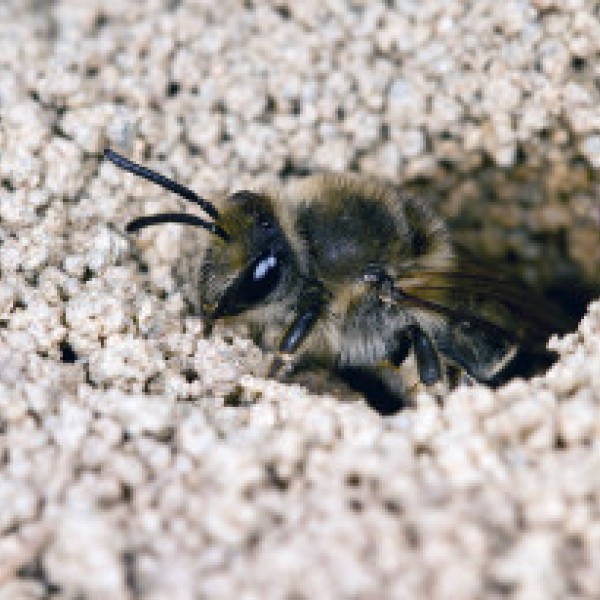Kendrick Nakamura ‘24 kept ants as a hobby for years while maintaining a career in IT, before realizing that the insects were his real passion. He came to Cornell to major in Entomology and said that one of his favorite courses was Insect Ecology, taught by entomologist Jennifer Thaler.
“When people reach out to me about potentially coming to Cornell, Insect Ecology is one of the courses I always talk about,” said Nakamura, now a Ph.D. student at Arizona State University and founder of antscihub.com, a citizen-science initiative for ant enthusiasts. “That course was absolutely helpful in transitioning straight from undergrad to a Ph.D. program. One of the first things they did when I came to Arizona State was tell us to go collect some ants. I had that fieldwork experience from Dr. Thaler’s class so I knew how to do it and how to recognize when something was different or unusual.”
For 20 years, Thaler has been bringing students in her Insect Ecology class (ENTOM 4550/BIOEE 4550) to Dilmun Hill Student Farm, where they can observe insects in natural conditions, develop questions, and carry out complete research projects: they generate their own hypotheses, gather field data, analyze their data in the lab, create written reports and present their findings.
“We couldn’t teach the class the way it’s taught without Dilmun Hill,” said Thaler, who holds joint appointments in the Departments of Entomology and Ecology & Evolutionary Biology. “The fact that they can go to such a biologically diverse place, that they can go at any time, and that they can, within reason, do anything they want, means that the only limit is their own creativity.”












